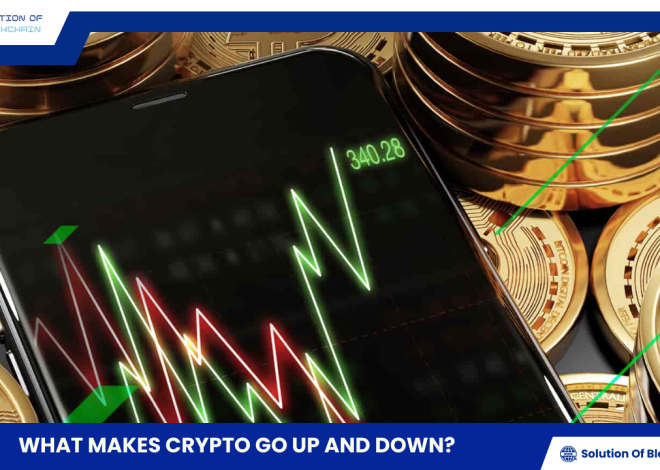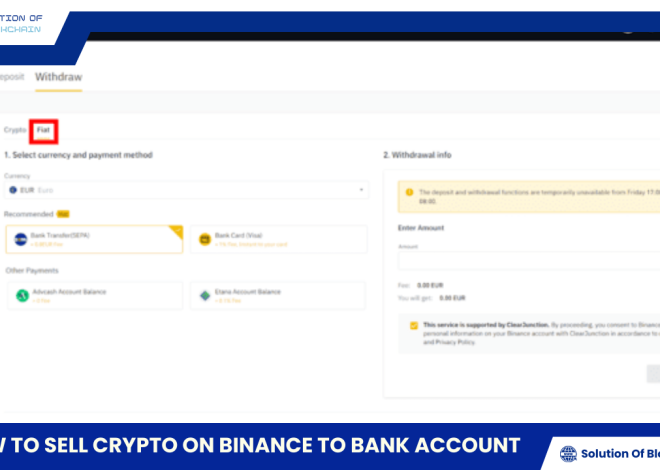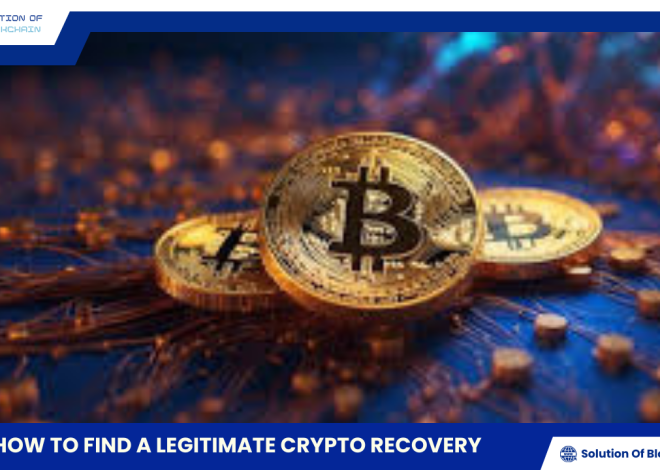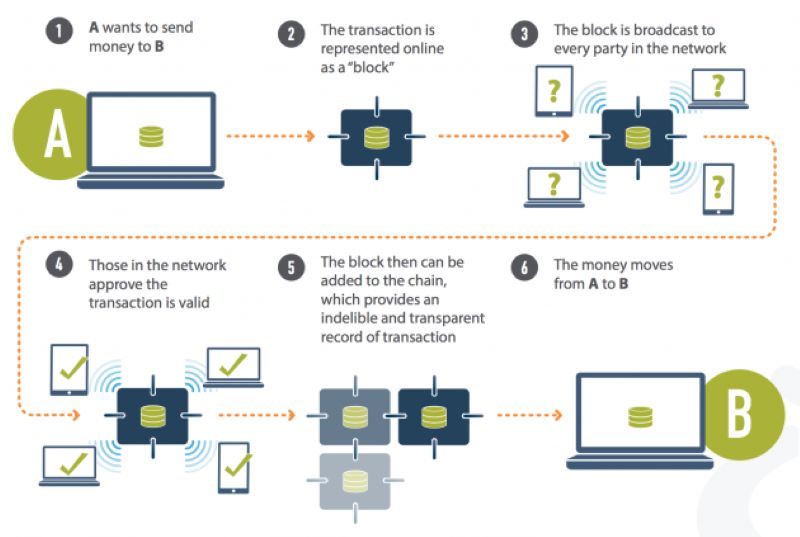
How to secure your blockchain transactions?
Unlock the secrets to fortifying your blockchain transactions! Learn how to safeguard your assets with our expert guide on How to secure your blockchain transactions. Don’t miss out on the ultimate solutionofblockchain security. Protect your investments and click now!
What is blockchain security?
Blockchain security involves the integration of cybersecurity principles, tools, and best practices to reduce risk and prevent malicious attacks and unauthorized access when using blockchain networks.
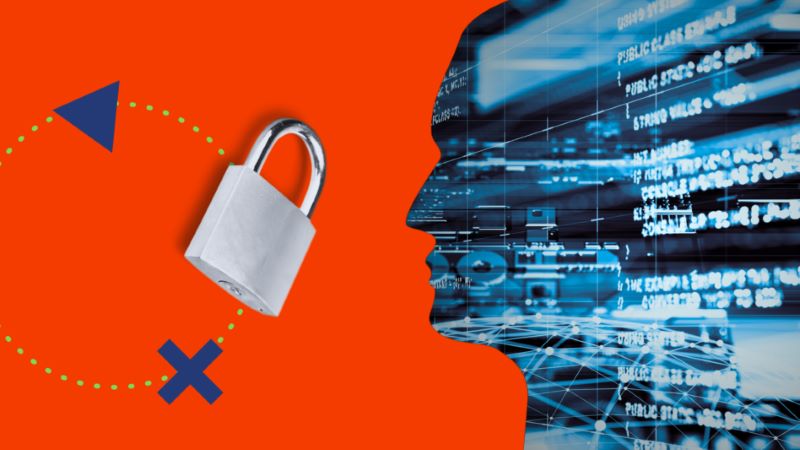
Although all blockchains utilize distributed ledger technology (DLT), they do not all function identically or maintain the same level of security. Public and private blockchains each have their own advantages and disadvantages, but their security models differ fundamentally due to the open or closed nature of their respective networks.
Types of blockchain security breaches
Blockchain security breaches can be categorized into three main types: ecosystem vulnerabilities, attacks on smart contracts and protocols, and attacks on infrastructure and users. It’s important to note that this list is not exhaustive and there may be other types of vulnerabilities.
Ecosystem Vulnerabilities
Blockchain networks with a small number of nodes are more vulnerable to ecosystem attacks. Sybil attacks and 51% attacks are examples, although they are now nearly impossible on major blockchains like Bitcoin or Ethereum due to the computing power required. However, understanding these risks is essential, especially when dealing with smaller or emerging blockchains.
Sybil Attack
A Sybil attack targets the peer-to-peer layer of the network, allowing a malicious actor to control multiple nodes.
51% or Double-Spending Attack
This attack targets the consensus layer of Proof-of-Work blockchains. If an entity controls over 50% of the network’s mining hashrate, they can attempt to double-spend coins or censor transactions.
Centralization Risks
While public blockchains aim for decentralization, factors like mining pools can centralize control and introduce vulnerabilities. Additionally, infrastructure centralization, such as nodes hosted on centralized cloud services, poses risks. If these services were targeted and nodes were taken down, the network could become more vulnerable to attacks.
Blockchain Network Congestion
This occurs when there are insufficient validators to confirm proposed transactions, leading to delays and increased fees. In severe cases, it can cause downtime and instability, undermining confidence in the network’s resilience.
How to secure your blockchain transactions
Choose a reliable wallet
Selecting a reliable wallet is crucial for securely managing your blockchain assets like cryptocurrencies, tokens, or NFTs. Your wallet not only stores these assets but also grants access to your private keys, vital for transaction verification.
Consider factors such as security, reputation, and compatibility with your chosen blockchain. Various wallet types exist, including hardware, software, web, or mobile, each with its pros and cons. Conduct thorough research, read reviews, and assess ratings to find the wallet that aligns best with your requirements and preferences.
Keep your private keys safe
Safeguarding your private keys is paramount, as they serve as the gatekeepers to your blockchain assets. Comparable to passwords, they authenticate your ownership and control over your funds and data. Losing them means losing access to your assets, while unauthorized access could lead to theft.
It’s vital to keep your private keys secure, refraining from sharing them, storing them online, or jotting them down on paper. Opt for a hardware wallet or a secure offline device for storage. Additionally, create backups and employ a passphrase or recovery seed to restore them if needed.
Use a strong password and 2FA
Ensuring the security of your wallet account goes beyond safeguarding your private keys. It involves using a strong password and implementing two-factor authentication (2FA). A robust password is lengthy, intricate, and distinctive, and should be changed periodically.
Avoid using the same password across multiple accounts or services. 2FA adds an additional layer of protection by prompting for a code or token from another device or app during login or transaction processes. This extra step prevents unauthorized access even if someone gains knowledge of your password, as they would still require your 2FA device or app to access your account.
Check the address and the network
Verifying the accuracy of the address and network is crucial in preventing potential loss or theft of funds. Mistakes such as sending transactions to incorrect addresses or networks can result in irreversible consequences. Blockchain addresses, often lengthy alphanumeric strings, are susceptible to human error, making it essential to double-check them before confirming any transaction.
Additionally, remain vigilant against malicious actors who may attempt to deceive you into sending funds to spoofed or fake addresses. Utilize QR codes or copy-paste functions to minimize errors during transaction input. Furthermore, ensure the authenticity and legitimacy of both the address and network by relying on reputable sources or tools for verification purposes.
Stay updated and informed
Remaining updated and informed about blockchain advancements, threats, and best practices is paramount for ensuring the security of your transactions. With blockchain technology continuously evolving, staying abreast of the latest developments, trends, and protocols is essential. Educating yourself on potential risks, scams, and frauds targeting blockchain users enhances your awareness and vigilance.
Follow reputable news sources, blogs, podcasts, and social media accounts dedicated to blockchain to stay informed about industry updates and insights. Engage with reputable communities, forums, and groups to interact with fellow users and experts, sharing knowledge and learning from their experiences. By staying informed, you empower yourself to make informed decisions and safeguard your blockchain assets effectively.
Mastering the art of securing your blockchain transactions is paramount in today’s digital landscape. With the right knowledge and tools, you can safeguard your assets and ensure peace of mind. Explore the ultimate Solution of Blockchain security and fortify your transactions today.


